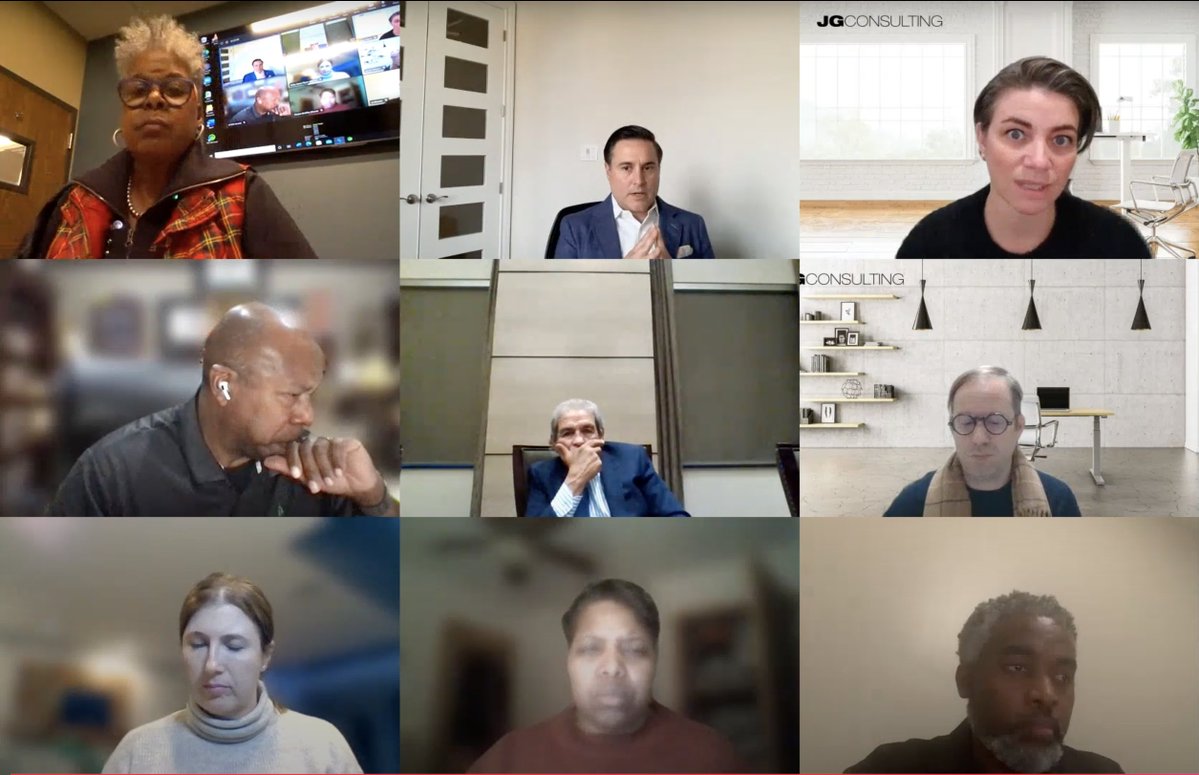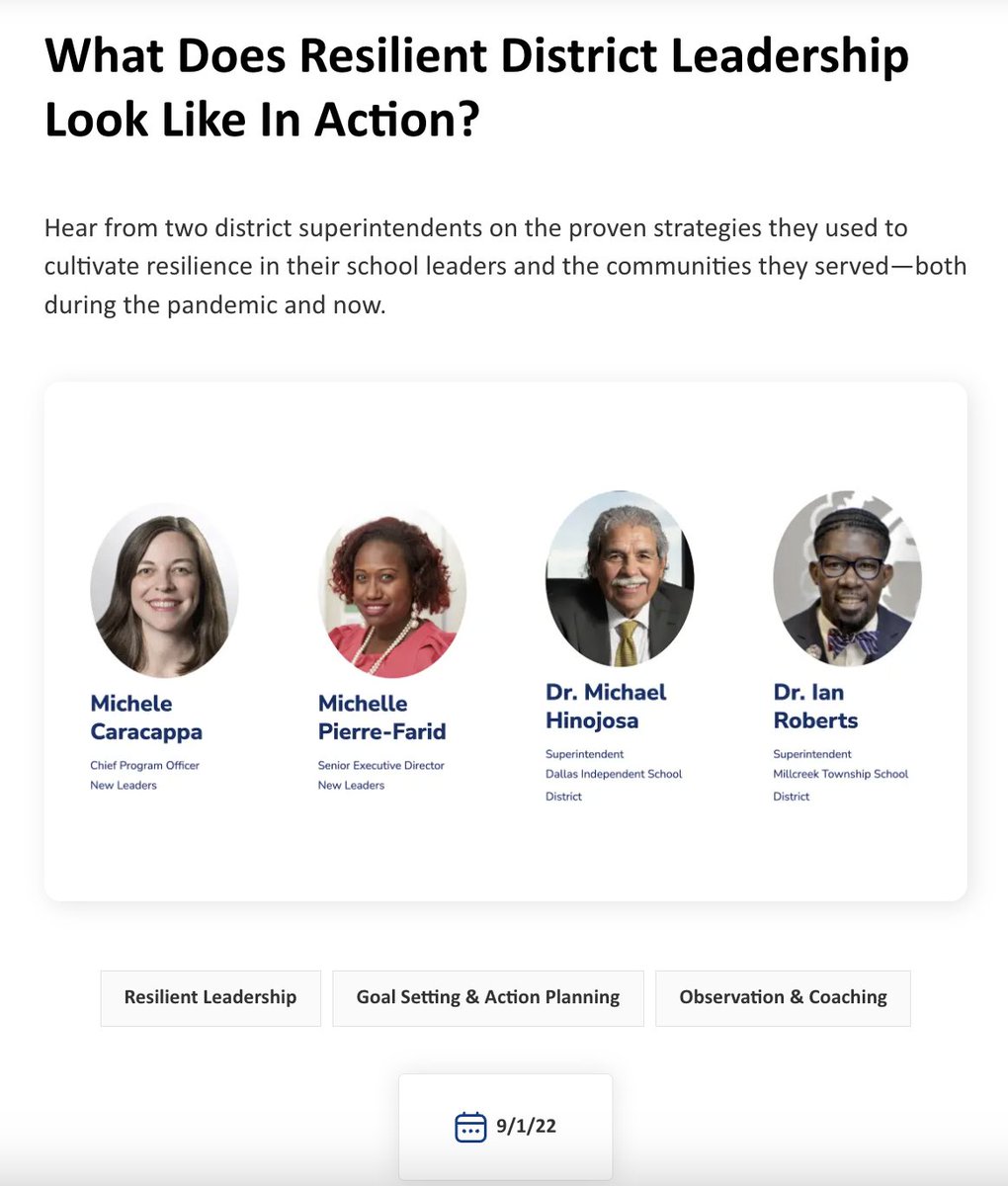.@Heritage and @freedomcaucus hosted a worthwhile discussion on the topic of Covid-19 accountability last week. Here are some highlights from the portion that addressed the issue of medical censorship. 🧵
"[Censorship resulted in] this illusion of a consensus that never existed on so many topics. We robbed the American people of a true debate, a true discussion… The truth comes from people honestly engaging with the data." @DrJBhattacharya
"There is nothing more harmful, more chilling than these laws like [#AB2098] because patients are going to suffer from this. Patients already have suffered from self-cancellation by doctors who are afraid to say the truth to their patients… " -Dr. Scott Atlas
"AB2098 effectively puts the CDC in the room with you as a patient and a doctor, so that the doctor is now thinking about what the CDC will say… The main purpose of it is to chill public discussion by dissenting doctors on matters of public health importance." @DrJBhattacharya
"The last thing I would want is to censor those who have a different view than me because I want to be able to rebut what they're saying. So I want them to be heard and then I want because it gives me an opportunity to actually counter the arguments." @MartinKulldorff
Scott Atlas and @RepRosendale also touched on the important issue of the abuse of emergency powers under the guise of protecting public health.
• • •
Missing some Tweet in this thread? You can try to
force a refresh
























